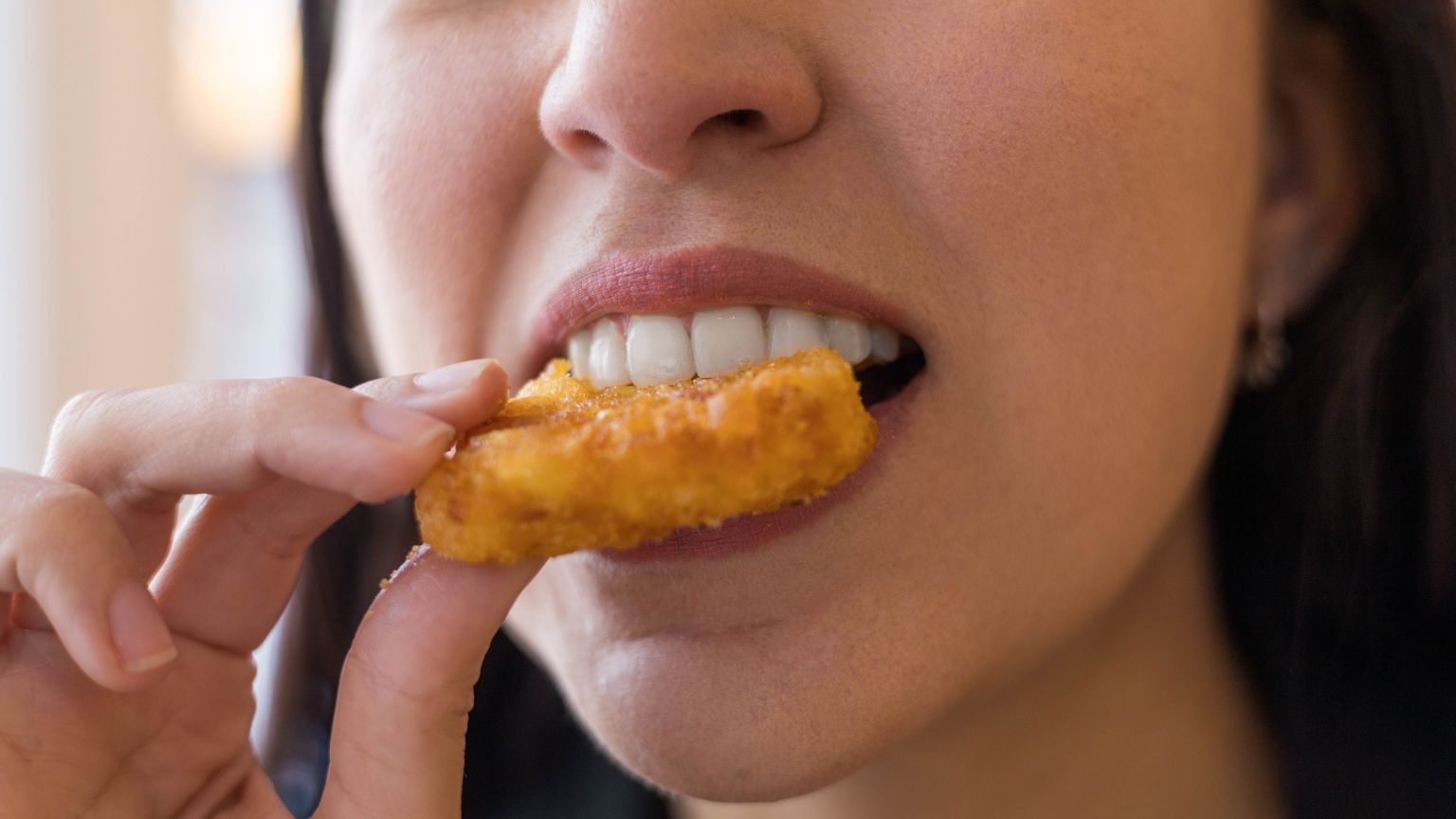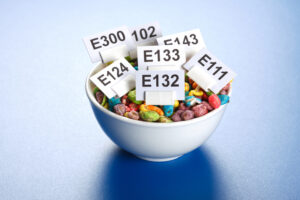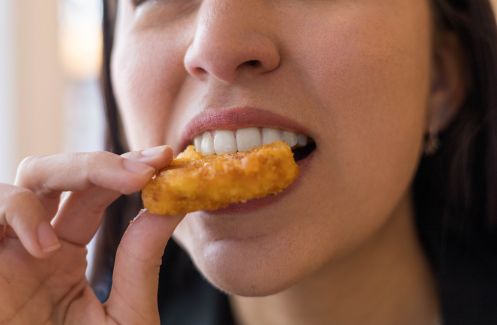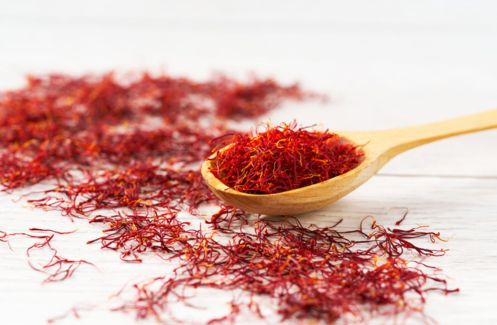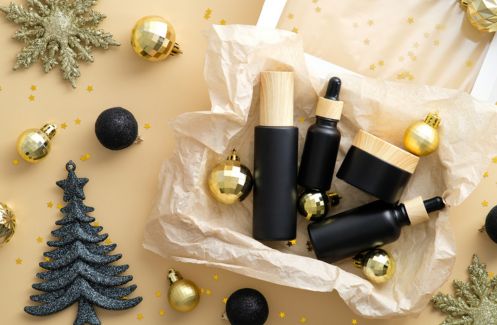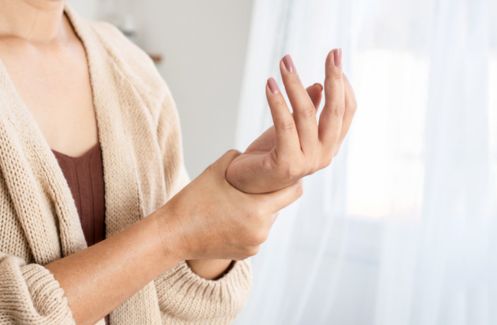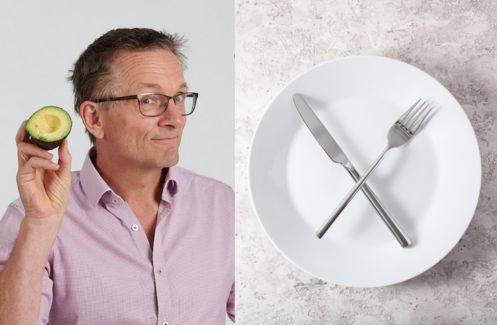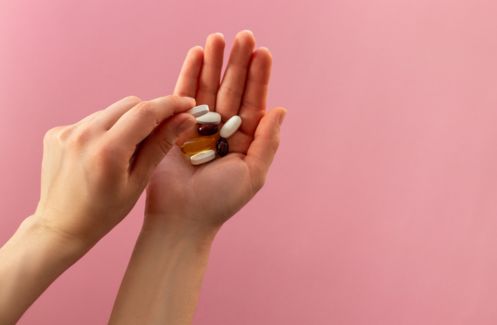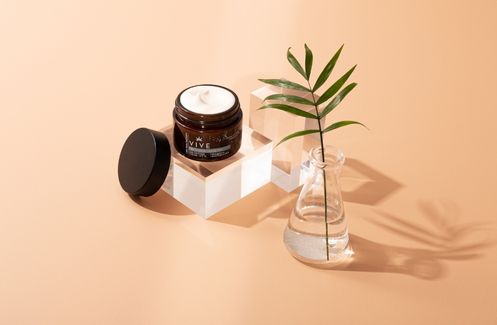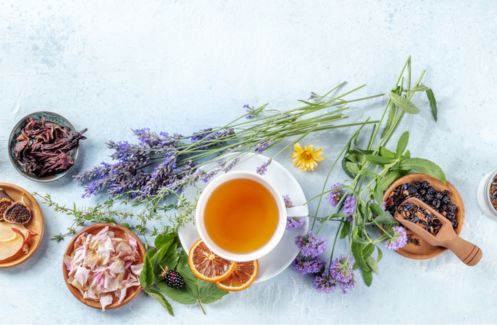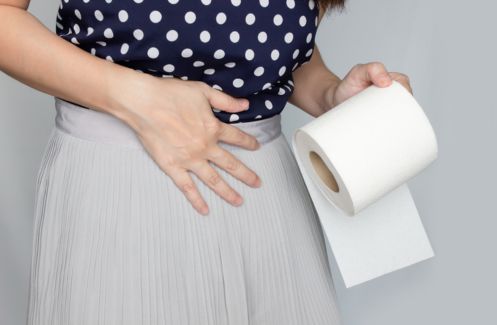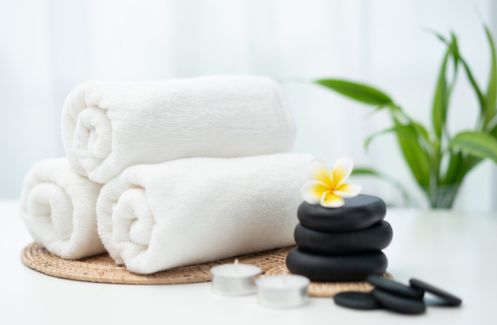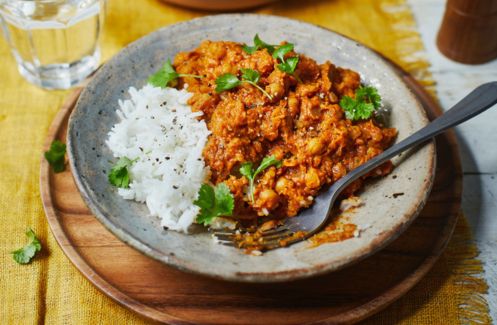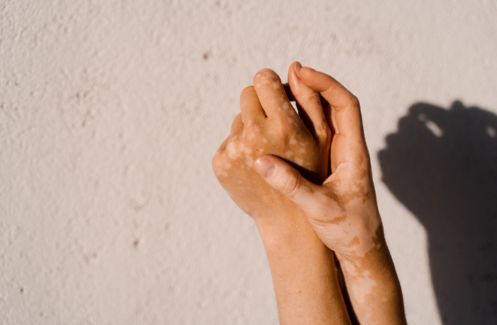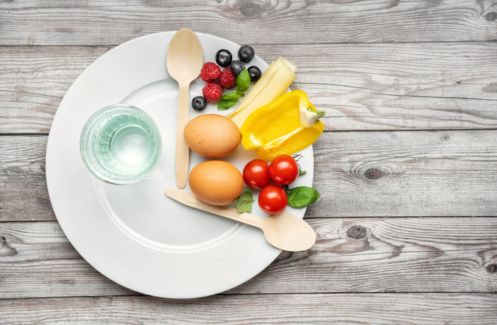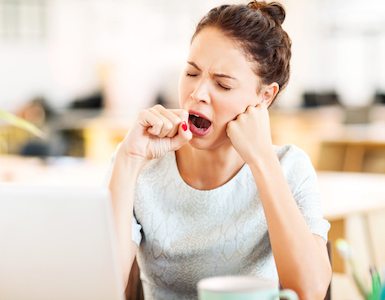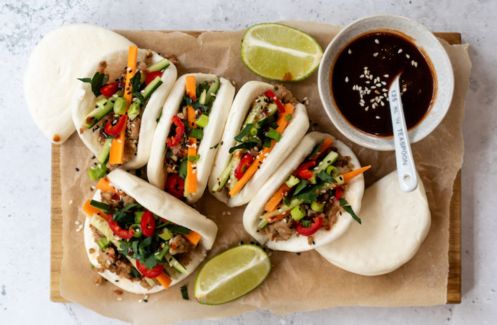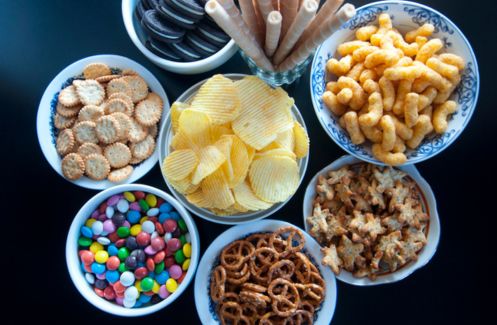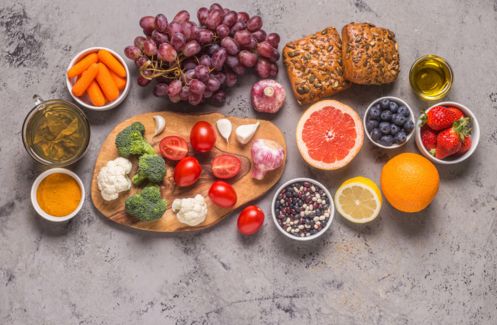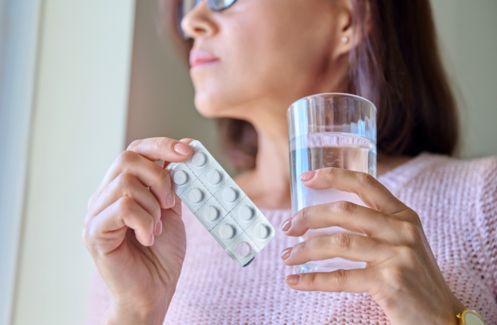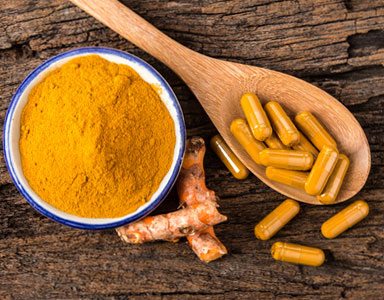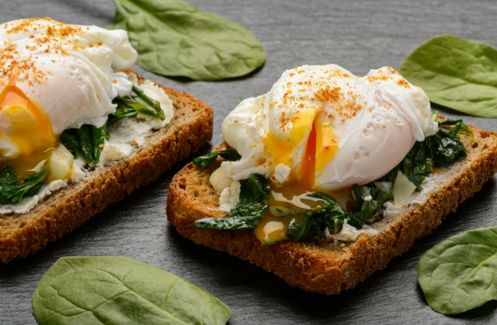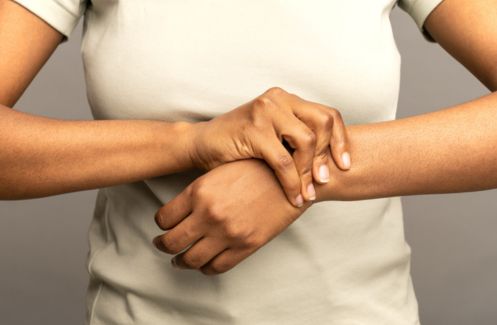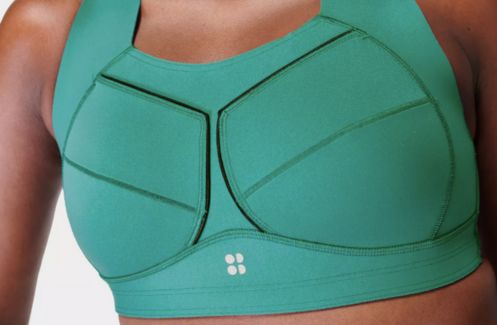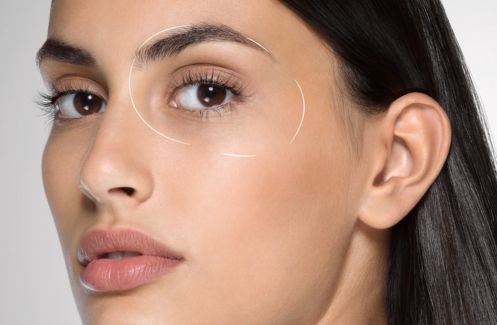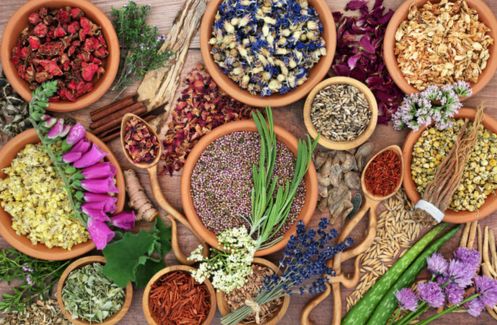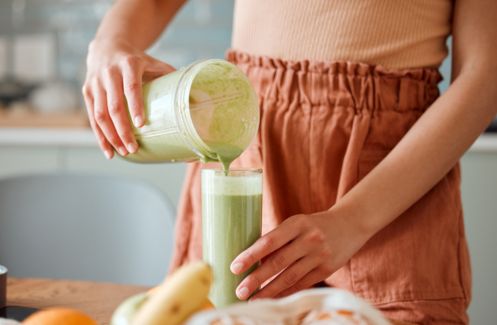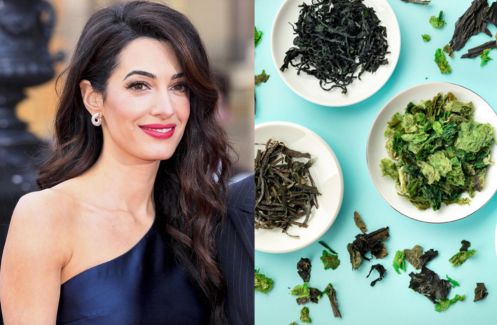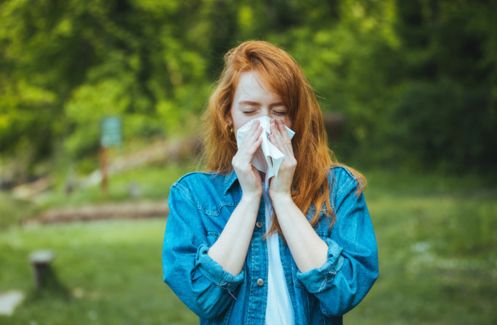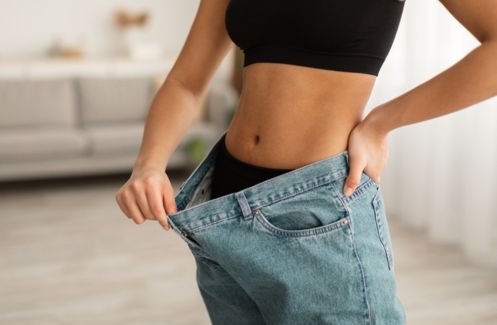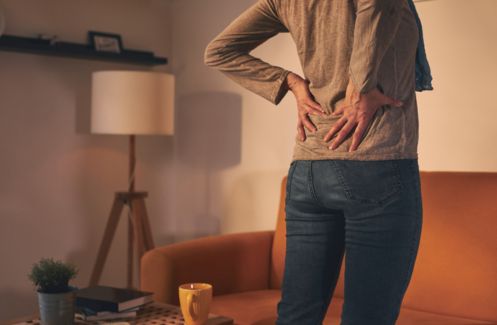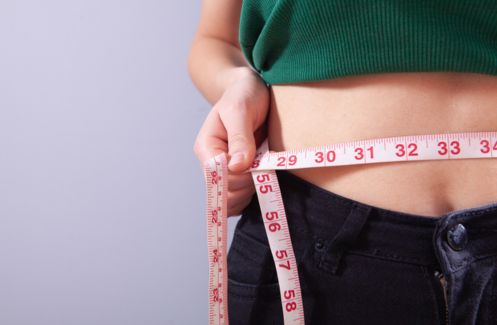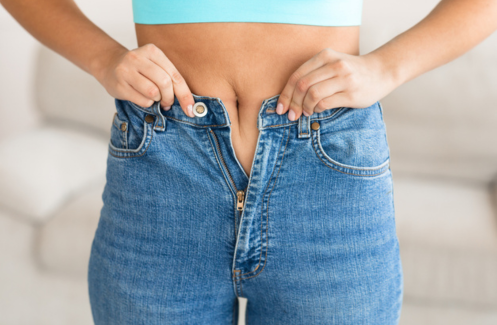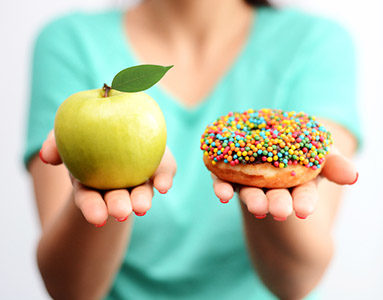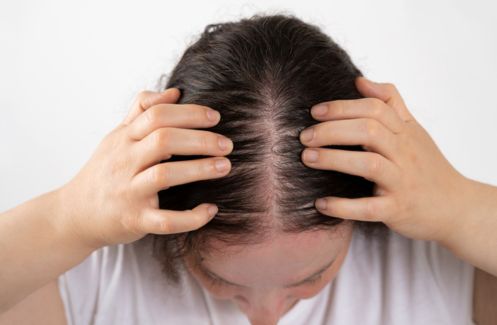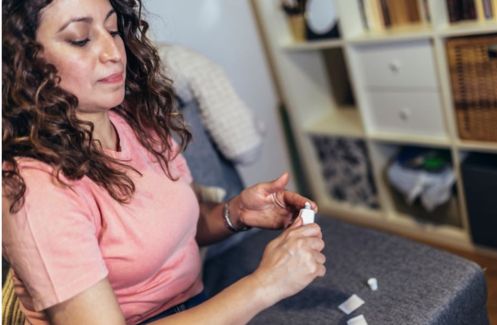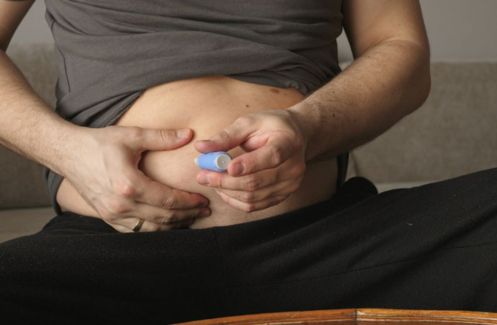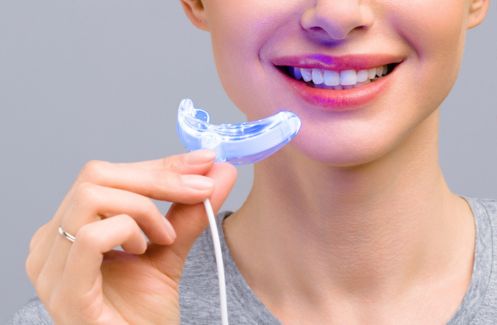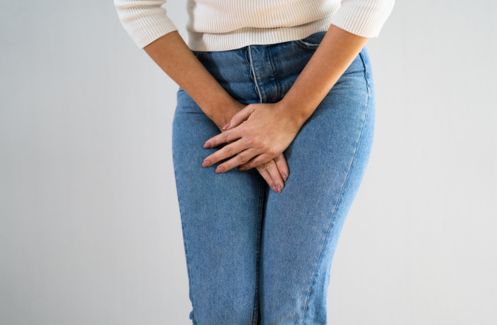What are Ultra Processed Foods? Can supplements be Ultra Processed too? Healthista speaks to the experts
Ultra processed living is a new way of life in Britain with 8 out of 10 people saying their diet is made up of ultra processed foods (UPFs), a new survey of over 2,000 people by ethical brand Viridian Nutrition has found.
UPFs are products carefully crafted by the food industry for maximum convenience. Think of everyday items like breakfast cereals, commercial bread, snacks, and newer trends like vegan convenience foods.
These foods prioritise ease – they’re quick to buy, cook, or consume. They may come in plastic trays, tubs, pouches, packets, or cardboard boxes.
worryingly 3 out of 5 can’t identify a UPF from its label
The research also highlighted the fact that three-quarters of people think they consume less than they do and that worryingly 3 out of 5 can’t identify a UPF from its label.
Over half the British diet is made up of UPFs, according to a report in the British Medical Journal. Fuelling this is a huge gap in knowledge.
In fact, over half of the 2,000 people surveyed by Viridian Nutrition stated they had no idea that everyday foods such as ham, bread, fruit drinks and salad dressings are all ultra processed.
There is even more confusion when it comes to foods positioned as ‘healthy’ – 75 percent of respondents did not perceive UPFs like fruit-flavoured yoghurts and many highly processed lunch options as being ultra processed.
Are supplements Ultra Processed too?
As well as being unclear about the ingredients in food, there is even more confusion about what is in our supplements.
Indeed, 20 million people in the UK take supplements daily and they can help support nutritional gaps in people’s ultra processed diets.
Yet, shockingly, the majority of commercially made supplements contain preservatives, glues, binders, fillers and other ingredients of no use to the body – known as excipients. These add to people’s ultra processed intake and over half of those surveyed said they had no idea what the ingredients in their supplements were.
That’s why Viridian Nutrition have launched a nationwide ‘No Junk Campaign’ accompanied by the expert-led Viridian Dejunk your Life Report 2024 which contains detailed advice from qualified experts to help readers make sense of this confusion.
20 million people in the UK take supplements daily
When asked about key additives, as many as 7 in 10 don’t recognise certain ingredients or know if they are good or bad. The Viridian Dejunk your Life Report contain details on 25 common excipients found in supplements.
‘All supplements are not created equal’, says Registered Nutrition Practitioner and Microbiologist Dr Carol Granger.
‘Look on the labels of most supplements and you will find a list of ingredients you won’t expect, from additives to binders, lubricants to glues (yes, glues!).
‘It’s crucial to know exactly what is in your supplements as many of these substances have no benefit for the body, but they make manufacturing easier, so mass production is quicker, cheaper, and easier.
‘The form of your supplement matters too, whether it’s a tablet, capsule, or powder will affect the way your body will absorb it.
‘Few people know for example, that it’s much harder for the body to absorb ingredients from tablets than from capsules.
‘Tablets also need more manufacturing and more ingredients to make them stable; their manufacturing processing means they usually need chemicals, colourants, and other artificial ingredients’.
Look on the labels of most supplements and you will find a list of ingredients you won’t expect
One of these excipients is titanium dioxide, a commonly mined compound that gives tablets and capsules their uniform colour. It’s also used in white paint. Titanium dioxide has been classified by the World Health Organisation (WHO) as a possible carcinogen and in January 2022, the EU banned it as a food additive. Yet , in the UK, it’s still found in medicines, supplements and many foodstuffs.
‘The European authorities no longer consider titanium dioxide a safe food additive because of its genotoxic effect so ask yourself why this is in your ‘healthy supplements?,’ says Nutritionist Aimee Benbow.
‘Look at the labels on the back of your supplements and if you spot this or any of the ingredients here, then think twice before making the choice to take it’.
‘Reading the label is the best way to understand what you are taking and how healthy it is – whether that’s a food or a supplement, there will be many ingredients used to alter the texture, colour, and taste, as well as preserve it for longer.
‘Dig deeper and question anything you don’t understand. Independent health stores are great places to go for health products and advice’.
To find out more about No Junk, or to download Dejunk Your Life Report, visit: viridian-nutrition.com/pages/no-junk
Like this article? Sign up to our newsletter to get more articles like this delivered straight to your inbox.



